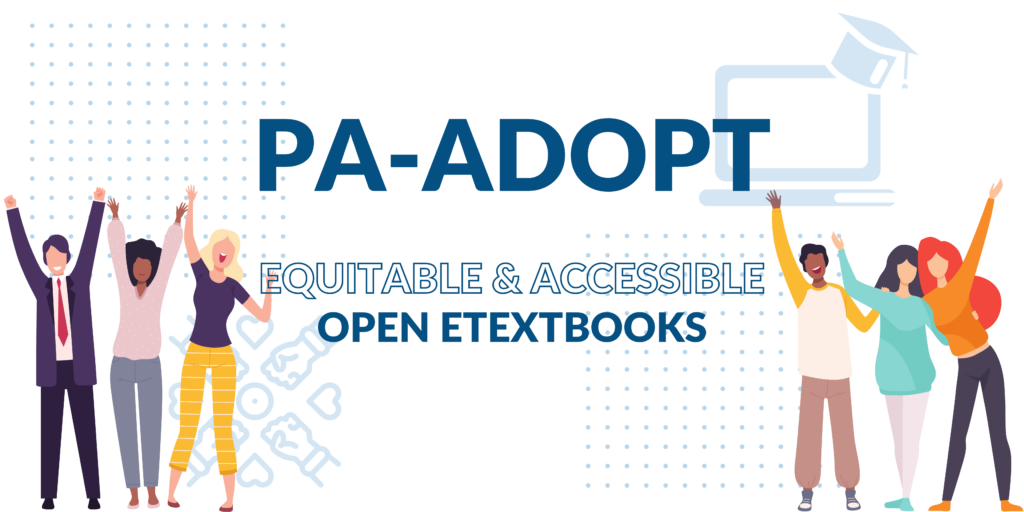
Open Educational Resources (OER)
Open Educational Resources (OER) are instructional, learning and research materials, digital or non, that open-source and in the public domain or that are licensed so that users have free and perpetual permission to engage in the following activities:
- Retain: the right to make, own, and control copies of the content
- Reuse: the right to use the content in a wide range of ways
- Revise: the right to adapt, adjust, modify, or alter the content itself
- Remix: the right to combine the original or revised content with other open content to create something new
- Redistribute: the right to share copies of the original content, revisions, and remixes with others.
Open Textbook Pilot Program
The Open Textbooks Pilot program provides funding for initiatives at accredited institutions of higher learning that develop new open textbooks and increase the usage of open textbooks in degree-granting courses, especially those with large enrollments. This pilot program focuses its efforts on the creation of initiatives that show the most potential for improving student savings through sustained, expanded use of open textbooks in large-enrollment courses or in programs that train students for in-demand fields.
Open Licensing
PA-ADOPT, along with other Open Textbook programs, has chosen to develop and release the eTextbooks under creative commons licenses. Creative Commons is a non-profit organization that seeks to apply the principles of OER (retain, reuse, revise, remix, and redistribute) through their licensing options. Each license is chosen by the author and is attributed to the work. The licensing framework is not limited to textbooks but can be applied to any other written work, visual work, and more.
“CC licenses are copyright licenses, and depend on the existence of copyright to work. CC licenses are legal tools that creators and other rights holders can use to offer certain usage rights to the public, while reserving other rights. Those who want to make their work available to the public for limited kinds of uses while preserving their copyright may want to consider using CC licenses. Others who want to reserve all of their rights under copyright law should not use CC licenses.”
“Creative Commons Website FAQs” by Creative Commons is licensed under CC BY 4.0